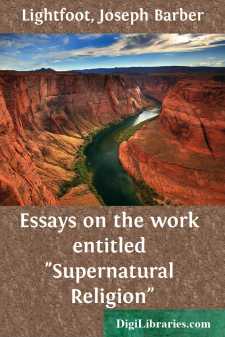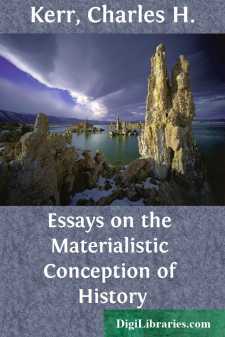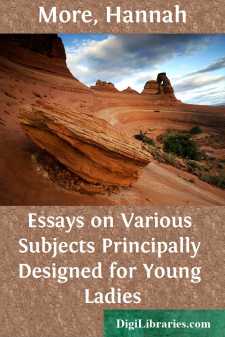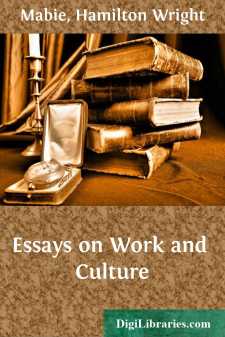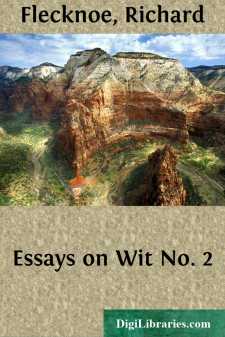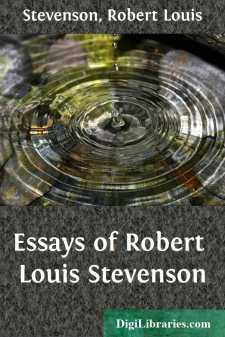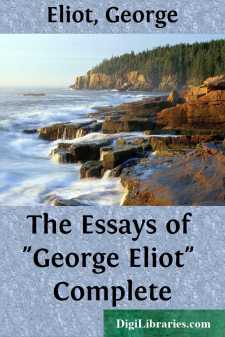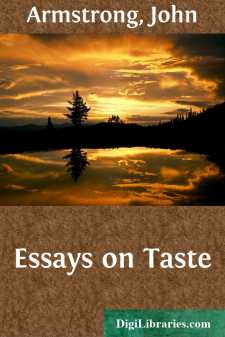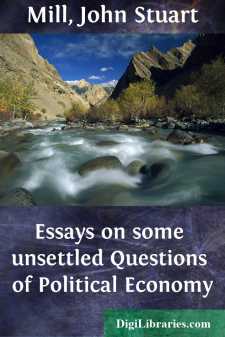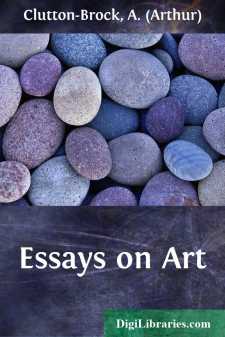Categories
- Antiques & Collectibles 13
- Architecture 36
- Art 48
- Bibles 22
- Biography & Autobiography 813
- Body, Mind & Spirit 142
- Business & Economics 28
- Children's Books 17
- Children's Fiction 14
- Computers 4
- Cooking 94
- Crafts & Hobbies 4
- Drama 346
- Education 46
- Family & Relationships 57
- Fiction 11829
- Games 19
- Gardening 17
- Health & Fitness 34
- History 1377
- House & Home 1
- Humor 147
- Juvenile Fiction 1873
- Juvenile Nonfiction 202
- Language Arts & Disciplines 88
- Law 16
- Literary Collections 686
- Literary Criticism 179
- Mathematics 13
- Medical 41
- Music 40
- Nature 179
- Non-Classifiable 1768
- Performing Arts 7
- Periodicals 1453
- Philosophy 64
- Photography 2
- Poetry 896
- Political Science 203
- Psychology 42
- Reference 154
- Religion 513
- Science 126
- Self-Help 84
- Social Science 81
- Sports & Recreation 34
- Study Aids 3
- Technology & Engineering 59
- Transportation 23
- Travel 463
- True Crime 29
Sort by:
I. INTRODUCTION. [DECEMBER, 1874] If the author of Supernatural Religion [Footnote 1:1] designed, by withholding his name, to stimulate public curiosity and thus to extend the circulation of his work, he has certainly not been disappointed in his hope. When the rumour once got abroad, that it proceeded from the pen of a learned and venerable prelate, the success of the book was secured. For this rumour...
more...
by:
Charles H. Kerr
PART I IN MEMORY OF THE COMMUNIST MANIFESTO. In three years we can celebrate our jubilee. The memorable date of the publication of the Communist Manifesto (February, 1848) marks our first unquestioned entrance into history. To that date are referred all our judgments and all our congratulations on the progress made by the proletariat in these last fifty years. That date marks the beginning of the new...
more...
by:
Hannah More
INTRODUCTION. It is with the utmoÃ
¿t diffidence that the following pages are Ã
¿ubmitted to the inÃ
¿pection of the Public: yet, however the limited abilities of the author may have prevented her from Ã
¿ucceeding to her wiÃ
¿h in the execution of her preÃ
¿ent attempt, Ã
¿he humbly truÃ
¿ts that the uprightneÃ
¿s of her intention will procure it a candid...
more...
Chapter I Tool or Man? A complete man is so uncommon that when he appears he is looked upon with suspicion, as if there must be something wrong about him. If a man is content to deal vigorously with affairs, and leave art, religion, and science to the enjoyment or refreshment or enlightenment of others, he is accepted as strong, sounds and wise; but let him add to practical sagacity a love of poetry...
more...
by:
Richard Flecknoe
INTRODUCTION TO THE SERIES ON WIT The age of Dryden and Pope was an age of wit, but there were few who could explain precisely what they meant by the term. A thing so multiform and. Protean escaped the bonds of logic and definition. In his sermon "Against Foolish Talking and Jesting" the learned Dr. Isaac Barrow attempted to describe some of the forms which it took; the forms were many, and it...
more...
I LIFE OF STEVENSON Robert Louis Stevenson[1] was born at Edinburgh on the 13 November 1850. His father, Thomas, and his grandfather, Robert, were both distinguished light-house engineers; and the maternal grandfather, Balfour, was a Professor of Moral Philosophy, who lived to be ninety years old. There was, therefore, a combination of Lux et Veritas in the blood of young Louis Stevenson, which in Dr....
more...
by:
George Eliot
PREFACE. Since the death of George Eliot much public curiosity has been excited by the repeated allusions to, and quotations from, her contributions to periodical literature, and a leading newspaper gives expression to a general wish when it says that “this series of striking essays ought to be collected and reprinted, both because of substantive worth and because of the light they throw on the...
more...
by:
John Armstrong
INTRODUCTION The essays on taste taken from the work of John Gilbert Cooper and John Armstrong and reprinted in this issue are of interest and value to the student of the eighteenth century because they typify the shifting attitudes toward taste held by most mid-century poets and critics. Cooper, who accepts the Shaftesbury-Hutchesonian thesis of the internal sense, emphasizes the personal, ecstatic...
more...
by:
John Stuart Mill
ESSAY I. Of the truths with which political economy has been enriched by Mr. Ricardo, none has contributed more to give to that branch of knowledge the comparatively precise and scientific character which it at present bears, than the more accurate analysis which he performed of the nature of the advantage which nations derive from a mutual interchange of their productions. Previously to his time, the...
more...
ESSAYS ON ART "The Adoration of the Magi" There is one beauty of nature and another of art, and many attempts have been made to explain the difference between them. Signor Croce's theory, now much in favour, is that nature provides only the raw material for art. The beginning of the artistic process is the perception of beauty in nature; but an artist does not see beauty as he sees a cow....
more...


